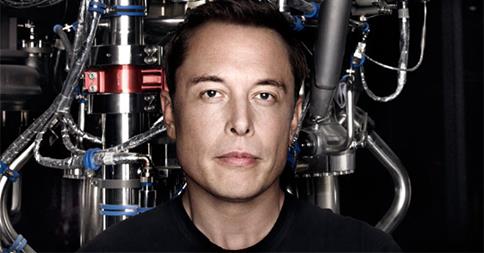An Air Force press release notes that the first opportunity for SpaceX to compete to provide launch services will probably be in June, for the GPS III satellite launch. “This is a very important milestone for the Air Force and the Department of Defense," said the Secretary of the Air Force, Deborah Lee James, who added: SpaceX’s emergence as a viable commercial launch provider gives the opportunity to compete for launch services for the first time in almost a decade. Ultimately, leveraging of the commercial space market drives down cost to the American taxpayer and improves our military’s resiliency. SpaceX will now be able to compete against the former monopoly holder, United Launch Alliance (ULA), a coalition between US aerospace-defence behemoths Lockheed and Boeing.
